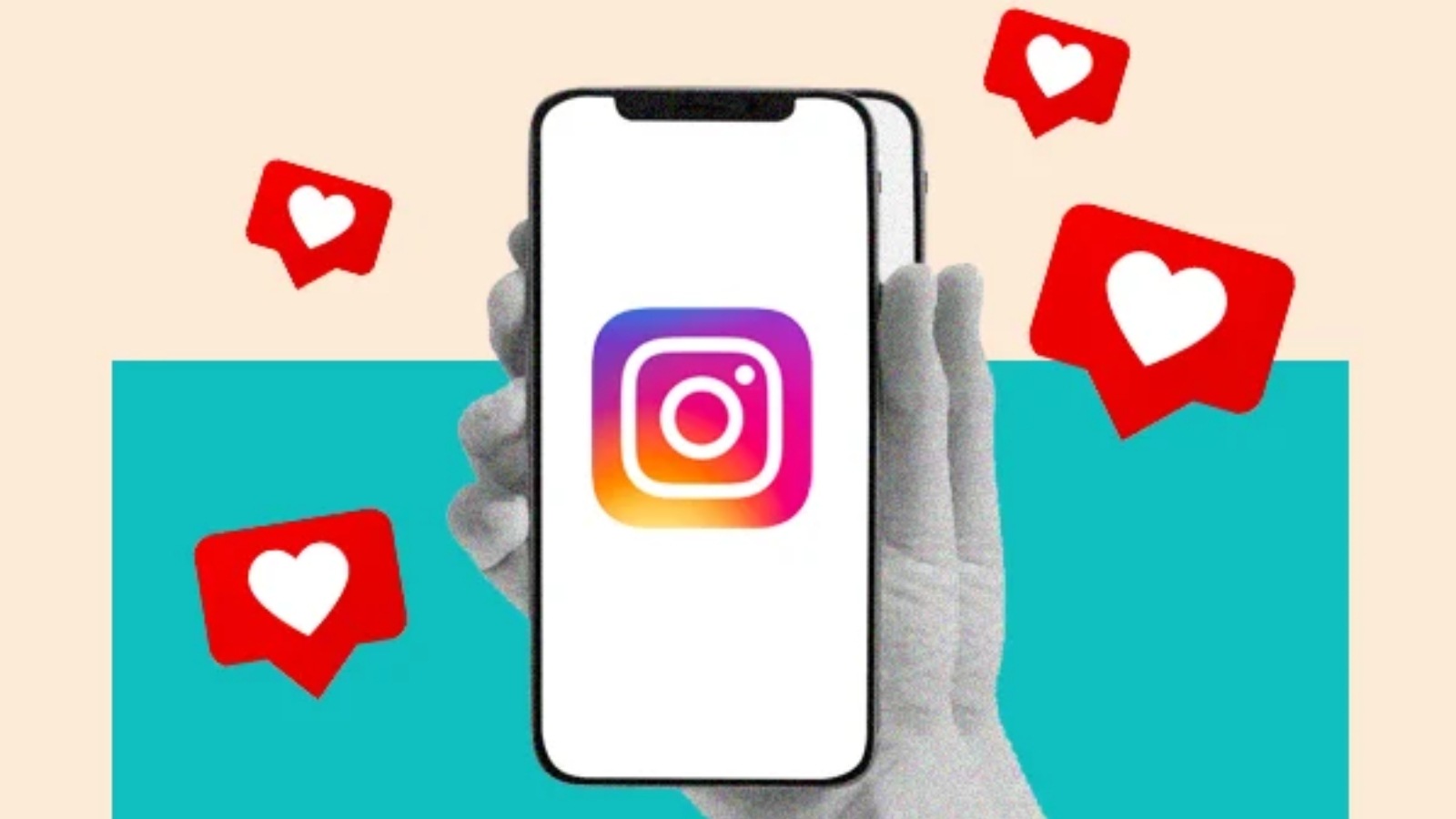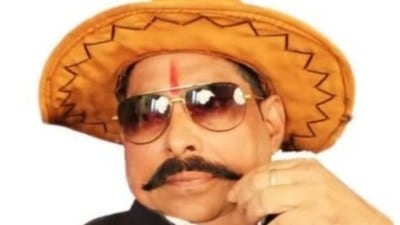📣 For more lifestyle news, click here to join our WhatsApp Channel and also follow us on Instagram
‘You are constantly comparing yourself with someone…’: Ananya Panday on how social media fuels comparison and wrecks self esteem
Social media can inspire some people, but it’s important to recognise when it starts having a negative impact.
 Ananya Panday on how social media impacted her mental health. (Source: Ananya Panday/Instagram)
Ananya Panday on how social media impacted her mental health. (Source: Ananya Panday/Instagram)Ananya Panday has been in the spotlight this year owing to back-to-back performances. From Call Me Bae to CTRL, her acting has been garnering praises from critics and masses alike.
In a recent conversation with Mojo Story, she shared her experience with body image issues and how social media played an active role in it. “Instagram does that to you. Nobody posts their failures on Instagram. You are constantly comparing yourself with someone who you think has a better life or is constantly travelling or looking happy. I also obviously had that.”
She also added that self love is something that doesn’t happen overnight. “I have days when I don’t feel confident and beautiful. But, you have to just go through that phase. You need to go with it and not be hard on yourself. As an actor, the most I can do is talk and let people know that I too have such days,” revealed the Kho Gaye Hum Kahan actor.
Indianexpress.com spoke to counselling psychologist Srishti Vatsa and understood how social media fuels comparison and what can you do to navigate such situations.
“Comparison, in general, can lead to feelings of unhappiness and dissatisfaction. It’s important to understand the difference between healthy competition and unhealthy comparison. The constant showcasing of lives on social media is often driven by a need for validation. Social media makes it easy to see what others are doing, which can lead to constant comparisons — especially in relationships,” explained Vatsa.
According to her, what people show online is often far from reality, but many end up feeling inadequate in their own lives or relationships while chasing the “perfect” images they see. This can lead to frustration, sadness, or resentment.
 Social media fuels comparison. (File Photo)
Social media fuels comparison. (File Photo)
Piyali Maity, Clinical Director, Counselling Operations, 1to1help, added that social media fuels comparison in several ways especially with “selective sharing”. “The reel v/s reality is the most common, where people share only the best portions of their lives which are far from day-to-day reality. The widespread use of filters and editing tools further increases the gap between reality and what is portrayed, making others’ lives appear more glamorous or perfect.”
She added that the validation that one gets from increased followers, likes and comments on the posts unconsciously leads to comparing one’s popularity or success with others. “What makes it worse is the constant exposure to updates and fulfilling experiences of others which can trigger one to compare oneself and feel like they are missing out on something better in life,” she said.
Social media can inspire some people, but it’s important to recognize when it starts having a negative impact. If you find yourself constantly comparing, overspending to match trends, or feeling unhappy with your own life, it’s time to take a step back and reflect.
To avoid these pitfalls, Vatsa suggested setting limits on your social media usage and focus on spending time with people in real life. Mindless scrolling, especially when it’s used to escape from reality, can be harmful. It creates a cycle of seeking quick dopamine hits, which can hurt productivity and mental well-being.
📣 For more lifestyle news, click here to join our WhatsApp Channel and also follow us on Instagram



- 01
- 02
- 03
- 04
- 05
























